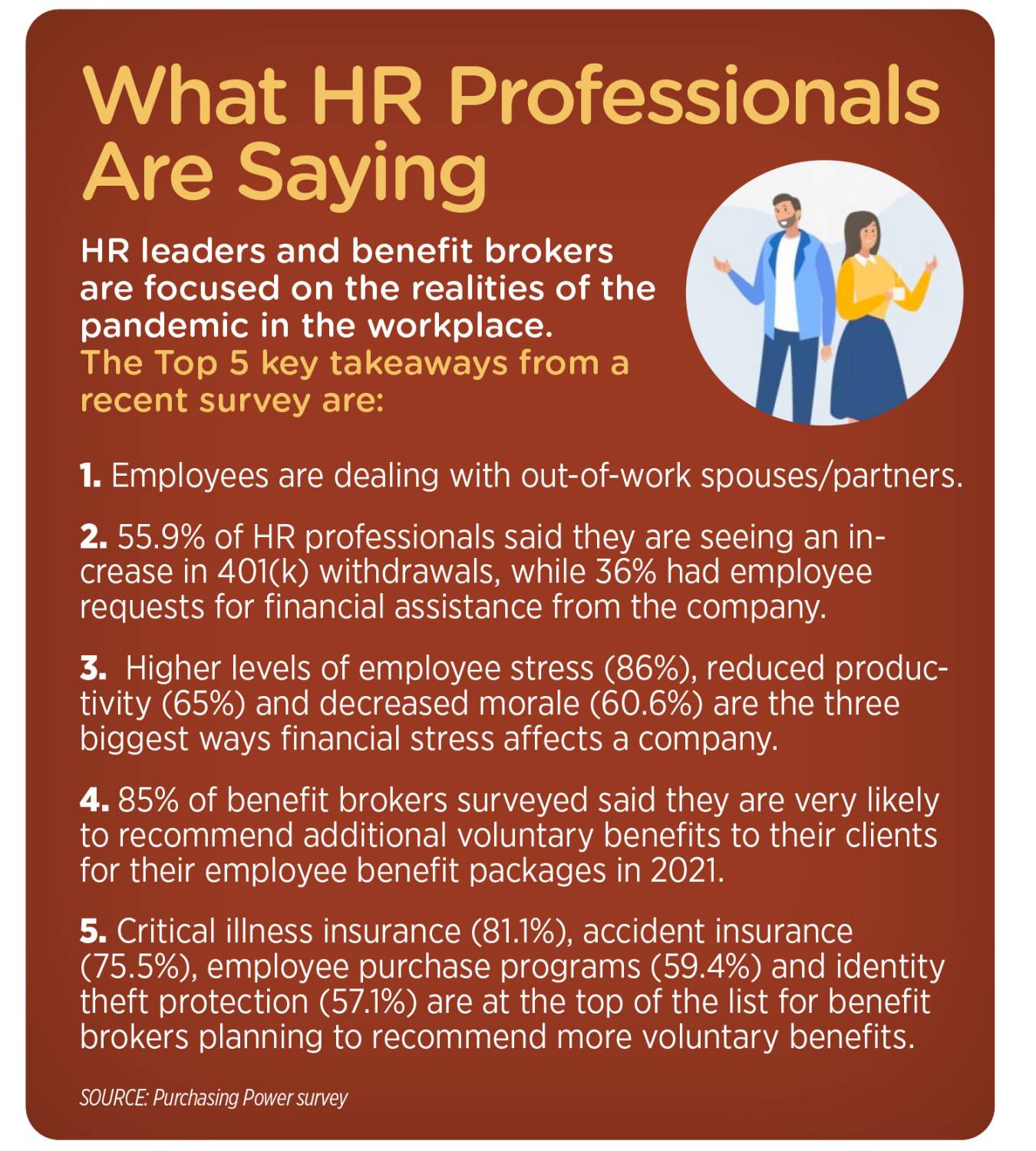What is a Voluntary benefits Plan and Purchasing Power?
A voluntary benefits plan is a type of employee benefit that is offered by employers but is paid for partially or entirely by employees. These benefits are voluntary in that employees can choose whether or not to participate in them. Some common voluntary benefits include dental insurance, vision insurance, life insurance, and retirement savings plans.
Purchasing power refers to the amount of goods and services that an individual can buy with their income. When employees have access to voluntary benefits, they can stretch their purchasing power by saving money on health care expenses, insurance premiums, and other costs that are covered by the benefits.
How do Voluntary Benefits Plans Work?
Voluntary benefits plans work by allowing employees to choose from a menu of benefits options that are offered by their employer. Employees can select the benefits that best meet their needs and budget, and then have the cost of those benefits deducted from their paycheck. Employers may also contribute to the cost of some benefits, depending on the plan.

Overall, voluntary benefits plans give employees more control over their benefits packages and provide them with additional financial security and peace of mind in case of unexpected expenses or emergencies.
Conclusion
In conclusion, voluntary benefits plans provide employees with the flexibility to choose the benefits that are most important to them, while also helping to increase their purchasing power by saving money on essential expenses. These plans can be a valuable tool for employers to attract and retain top talent, while also providing employees with valuable benefits that can improve their overall well-being.
FAQs about Voluntary Benefits Plans:
Q: Can anyone enroll in a voluntary benefits plan?
A: Yes, as long as the employer offers voluntary benefits and the employee meets any eligibility requirements set by the employer.
Q: How are voluntary benefits different from traditional benefits?
A: Traditional benefits, such as health insurance and retirement plans, are typically paid for entirely or partially by the employer, while voluntary benefits are paid for by the employee.
Q: Are voluntary benefits taxable?
A: In most cases, voluntary benefits are not taxable as long as they are paid for with after-tax dollars.
Q: Can employees change their voluntary benefits selections?
A: Yes, employees can typically change their benefits selections during open enrollment periods or if they experience a qualifying life event.
Q: What are some common voluntary benefits options?
A: Common voluntary benefits include dental insurance, vision insurance, life insurance, disability insurance, and pet insurance.